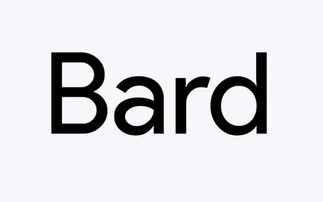Stratospheric valuations aside, what is Facebook really worth? Computing Editor Chris Middleton explains why it has never been free to use
Shortly, Facebook will rewrite the rule book for IPOs with its oversubscribed offering that values the company – in the terms it has set itself – at north of $100bn. To get to this point, Facebook ...
To continue reading this article...
Join Computing
- Unlimited access to real-time news, analysis and opinion from the technology industry
- Receive important and breaking news in our daily newsletter
- Be the first to hear about our events and awards programmes
- Join live member only interviews with IT leaders at the ‘IT Lounge’; your chance to ask your burning tech questions and have them answered
- Access to the Computing Delta hub providing market intelligence and research
- Receive our members-only newsletter with exclusive opinion pieces from senior IT Leaders




















